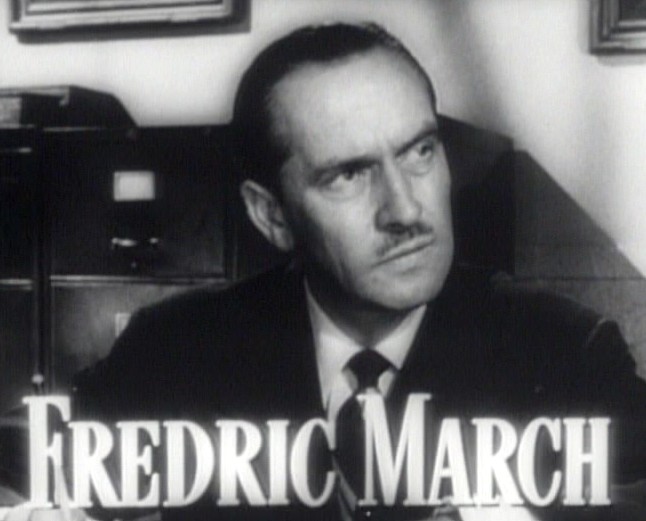OK, the big event of February is over (and you married guys remembered in time, didn’t you?). Not much to look forward to after that, beyond, well, President’s Day. And who gets excited about that? Not many of us are presidents.
So we might as well look ahead to March. You might say there are no major holidays in that unassuming month, unless you and your family are big on celebrating National Clams on the Half Shell Day — which is a real thing. You’re not? Well, still — March is just chock full o’ meaning, if you reach for it a little.
Let’s just consider the name itself. Sound pretty plain? Not counterintuitively spelled, like February? Well, you might be surprise. Let’s riff a bit on some of the many meanings of March:
- The month itself. Where did that name come from? Well, the Romans called it Martius, after Mars. The god of war, not the planet. That’s quite an honor for the month, since Mars was the father of Romulus and Remus — you know, the legendary founders of Rome. Or some people said so.
- A certain type of walking. A very special kind. As Wikipedia puts it, it’s an “organized, uniformed, steady walking forward in either rhythmic or route-step time.” You’re not just born walking this way; you have to be trained, along with a bunch of other people. Once upon a time, most young men in this country took a long, intense course in marching, starting at about 18, after receiving a notice from something called the Selective Service System. Some still learn it that way, but voluntarily. Others participate in something called a “marching band,” which brings us to…
- A genre of music. This type of music is generally played by marching bands, when they’re not playing show tunes or school fight songs. The best composer of the tunes called “marches” was a man named John Philip Sousa.
- A way of making a public statement. This can be a protest, or a fundraising effort, or merely a demonstration of support for a cause. Marches are very versatile.
- The Ides of March. In Act 1, Scene 2 of Shakespeare’s Julius Caesar, a soothsayer warns the title character to “Beware the Ides of March!” That’s because — not just in the play, but in real life — Caesar was murdered in the Senate on that date (the 15th, for you modern folk) in 44 B.C. If you don’t know about this, you should study up on it. It’s very important — not a routine brutal stabbing. It led to the end of the Roman Republic, and there wasn’t another republic in Europe for 1,000 years.
- Frederic March. An actor you’ve seen in all sorts of old movies, playing a wide variety of parts. Not to be confused with Frederick Hamilton March, who was an Australian soldier.
- A territorial division in olden days. This is getting a bit into the weeds, but an area might be referred to as a “march,” as in “the Welsh Marches,” and some medieval dude would be put in charge of it. For instance, you may have heard of Robert Stewart, 1st Earl of March (circa 1522-1586). Or maybe not. Don’t worry about it.
- What time does. It marches on. And on and on and on. You may have noticed that while you were reading this.
We’ll stop there, assuming that you now have the idea. Have a great March. And on the 15th, stay away from the Senate in Rome.



Comments are closed.